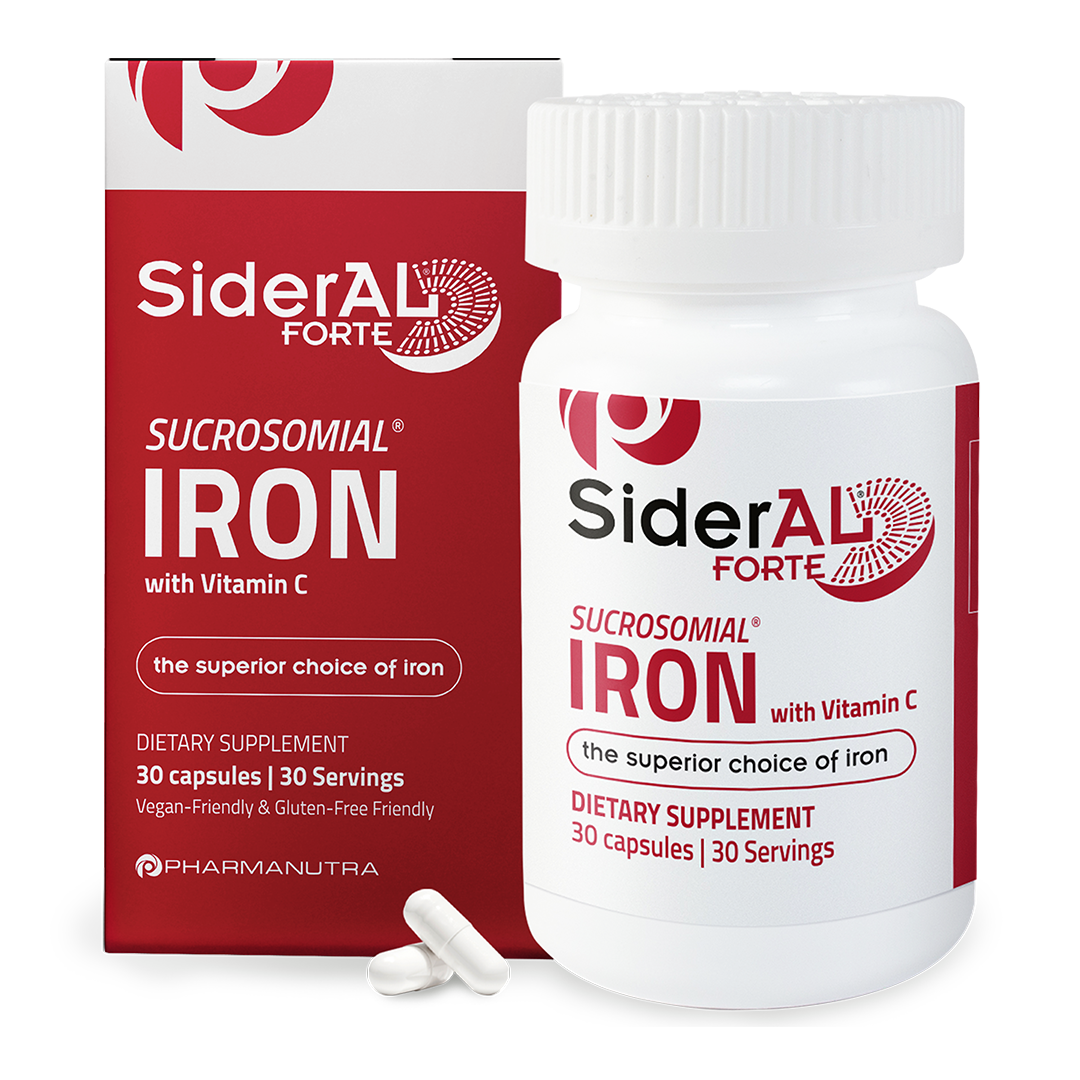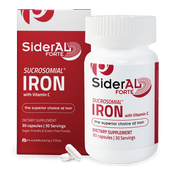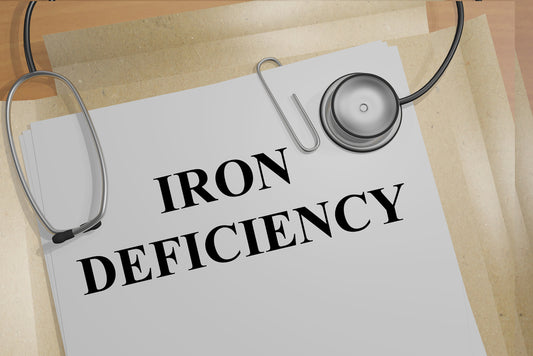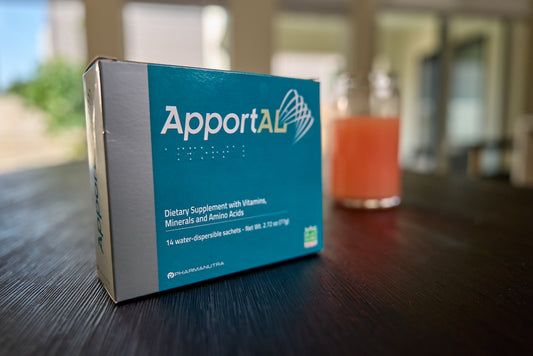
Iron Deficiency During Pregnancy: Signs & Treatment
When you’re pregnant, your body goes through significant changes. The supply of iron and vitamins your body needs to make hemoglobin increases because the amount of blood in your body increases. When your body needs more iron than it has available, you develop an iron deficiency, which can lead to anemia. We’re here to share more with you about iron deficiency during pregnancy, the signs to look out for, and how to treat it.
Is Iron Deficiency During Pregnancy Common?
One of the most asked questions is if iron deficiency during pregnancy is common. The answer is yes. Because of your body’s need for higher iron levels during pregnancy, it is common for women to experience iron deficiency. However, more severe anemia while pregnant is not common and should be taken seriously. If you’re experiencing severe anemia during your first two trimesters, you’re at a greater risk for pre-term delivery or a low-birth-weight baby. It also increases the risk of blood loss during labor for the mother, making it more difficult to fight infections.
Signs of Iron Deficiency During Pregnancy

Signs of iron deficiency can vary depending on the person, and they can be similar to other symptoms you may experience during pregnancy. Here are some of the signs and symptoms of low iron during pregnancy:
- Fatigue (the most common)
- Weakness
- Dizziness/Lightheadedness
- Headache
- Pale skin, lips, and nails
- Shortness of breath
More serious symptoms may include low blood pressure, difficulty concentrating, or a rapid heartbeat. If you’re experiencing any symptoms of iron deficiency, it’s important to visit your doctor and get your iron levels measured.
Who is More Likely to Have an Iron Deficiency?
Certain factors may play a role in your risk of anemia during pregnancy. Women who are pregnant with more than one baby, have morning sickness more frequently, have two closely spaced pregnancies, or have a heavy pre-pregnancy menstrual flow are at a higher risk for iron deficiency while pregnant. Diet can also play a role in it. If you don’t consume enough iron-rich foods, such as beef, spinach, wheat products, and beans, then you’re more likely to have low iron levels.
Treatment for Iron Deficiency During Pregnancy

Now that you know what to look out for when it comes to iron deficiency, it’s time to understand how you can treat it. Our main advice is to take an iron supplement, but you don’t want to try just any ordinary supplement. Turn to SiderAL® Folic, a food supplement that has had a major impact on women’s health. It can be used safely during pregnancy and comes in the form of orosoluble sticks.
What sets SiderAL® Folic apart from other iron supplements is the use of Sucrosomial® Iron. Sucrosomial® Iron is exclusively owned by PharmaNutra and uses Sucrosomial® Technology to preserve, transport, protect, and facilitate the absorption of iron. It allows it to pass through the stomach and be fully absorbed in the intestine, which leads to better absorption overall and higher tolerability. One reason people love relying on SiderAL® is because it reduces common side effects of iron supplements, like nausea, constipation, and bloating. You can say goodbye to discomfort when you take SiderAL® Folic!
Are you ready to overcome iron deficiency during pregnancy? It’s time to learn more about SiderAL® Folic, then order yourself a box today!






